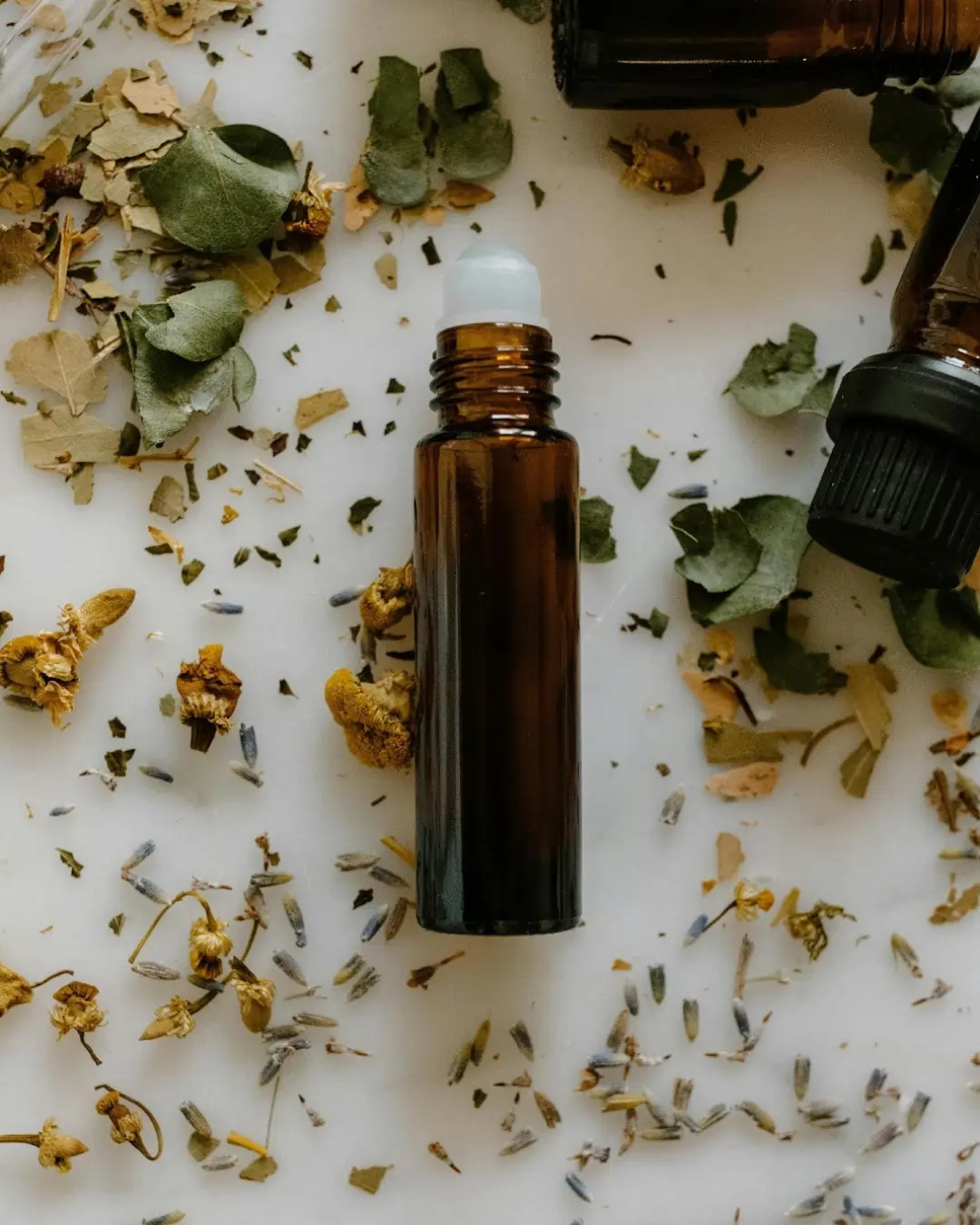Asthma can be a challenging condition to manage. The sudden tightness in the chest, wheezing, and breathlessness can interfere with everything from work to sleep. For many, finding natural remedies to support respiratory health alongside traditional treatments can be an appealing option.
Eucalyptus essential oil, with its refreshing scent and reputation for alleviating congestion, is one of the most commonly discussed natural solutions. Known for its decongestant and anti-inflammatory properties, it’s often found in cold remedies and soothing balms.
But for asthma patients, the question remains: Is eucalyptus oil really safe? While it may offer relief for some, it’s important to weigh the potential benefits against the risks. Let’s take a closer look at what the science says, the precautions to consider, and how to use it safely.
H2: The Popularity of Eucalyptus Essential Oil
This oil is produced by extracting the leaves of a eucalyptus tree. It includes compounds like cineole (or eucalyptol), which give it its characteristic aroma and medicinal properties. Cineole is thought to have:
- Decongestant effects- assist in the clearing of mucus and the clearing of blocked airways.
- Anti-inflammatory effects – minimising airway irritation.
- Antimicrobial effect – combating bacteria and viruses, which lead to colds or chest infections.
These properties have contributed to eucalyptus essential oil’s widespread use in cold and flu remedies. Just a few drops in steam inhalation or mixed into topical rubs are often used to relieve seasonal sniffles or mild congestion.
H2: The Association Between Eucalyptus Oil and Asthma
When it comes to asthma, the impact of eucalyptus oil can vary significantly from person to person. Asthma is highly individual; what helps one person breathe easier might trigger symptoms in another. This uncertainty is especially true when it comes to using eucalyptus oil as a remedy.
- Potential Benefits: Some research indicates that cineole may be beneficial in opening airways and reducing inflammation, which could facilitate easier breathing. Some symptoms may be temporarily relieved by inhaling diluted eucalyptus oil vapour.
- Potential Hazards: Intense perfumes, including natural ones, can be irritating. In sensitive asthma patients, the vapour of eucalyptus could even become a trigger for coughing, wheezing, or an asthma attack.
- Medical View: Medical doctors acknowledge the fact that there is some evidence to support the medical claims that cineole has respiratory effects; however, they argue that cineole should not be used as an initial treatment of asthma. In other instances, it can increase symptoms instead of alleviating them.
H2: Patients with Asthma: Safety Considerations
If you have asthma and are considering using eucalyptus essential oil, it’s important to take certain precautions to ensure it’s safe. Here are key safety guidelines to keep in mind:
H3: 1. Never Use It Undiluted
The essential oils are very concentrated. Apply on the skin with a neutral oil (such as coconut or almond oil) diluted or apply only drops of the oil in a diffuser.
H3: 2. Prevent Direct Inhalation when You are Sensitive.
Others can withstand the use of eucalyptus in steam inhalation but to some, it may be too strong. In the event of doubt, avoid direct inhalation and opt for gentle diffusion instead.
H3: 3. Do a Patch Test
Eucalyptus may be irritating even when applied to the skin. Apply a small amount of diluted oil to your inner forearm before using it more generally.
H3: 4. Keep Children in Mind
Eucalyptus oil should not be applied to very small children, as it can lead to breathing problems. When children in your home have asthma, you should be particularly careful about its use in common areas.
5. Use in Moderation
A little goes a long way. Excessive vapour may clog the airways, even in non-asthmatic individuals.
This means that while eucalyptus essential oil may be beneficial for some individuals, it could exacerbate symptoms in others.
Safer Ways Asthma Patients Can Use Eucalyptus Essential Oil
If you’ve consulted with your doctor and decided to try eucalyptus oil, here are some gentler methods to incorporate it into your routine safely:
- Diffusion: Add 1–2 drops into a diffuser in a well-ventilated room. Avoid small, enclosed spaces.
- Chest rub (diluted): Mix 1 drop of eucalyptus essential oil with a teaspoon of carrier oil and massage onto the chest. This gives you the aroma without being overpowered.
- Bath soak: Add 2 drops of eucalyptus oil to warm water for a cozy bathing experience with a tablespoon of carrier oil or unscented bath salts. Steam is less concentrated than direct inhalation.
- Cleaning blends: If you’d rather not use it for respiratory relief, eucalyptus oil still makes a great natural cleaner, keeping your environment fresh without direct inhalation.
What Experts Say
The consensus among respiratory specialists is this: eucalyptus essential oil can be helpful for some asthma patients, but it’s not universally safe. It should never be used as a substitute for prescribed inhalers or medication. If used at all, it must be part of a holistic, doctor-approved asthma management plan.
Asthma is an unpredictable condition, and your safety should always come first. While the appeal of natural remedies is understandable, any decision to incorporate eucalyptus oil into your routine should be made with medical guidance to ensure it complements your existing treatment plan effectively.
Final Thoughts
Managing asthma is all about finding balance, balancing lifestyle, environment, and treatments to keep symptoms under control. Natural remedies, like eucalyptus essential oil, may offer benefits for some, but they must be used carefully and thoughtfully.
If you’re curious about trying it, start small, stay observant, and always keep your doctor informed. For some asthma patients, a gentle hint of eucalyptus in the air can be a refreshing ally. For others, avoiding it completely may be a safer path.
Either way, the goal remains the same: easier breathing, fewer triggers, and a life lived with greater comfort and confidence.

Leave a Reply